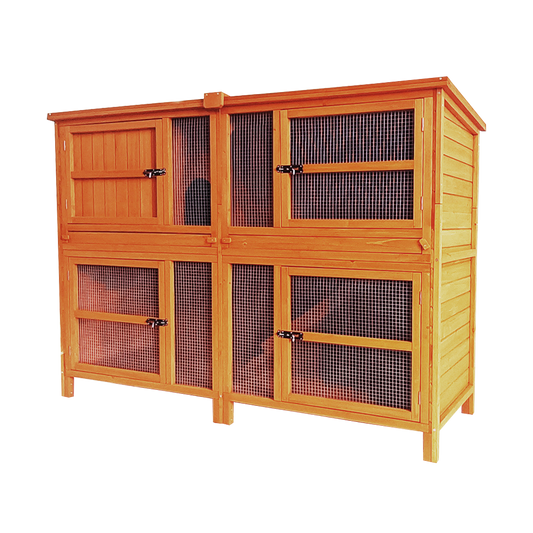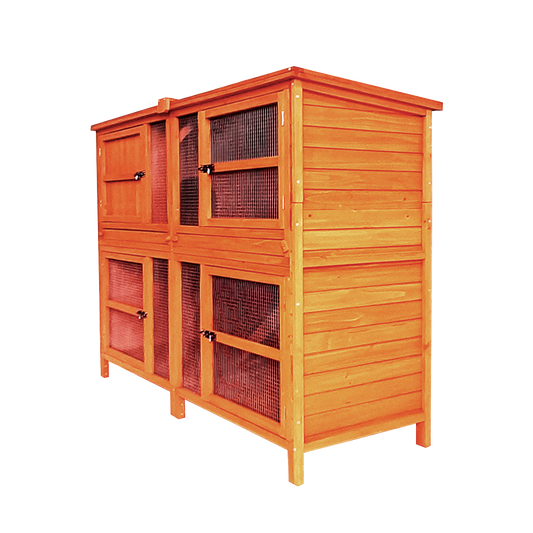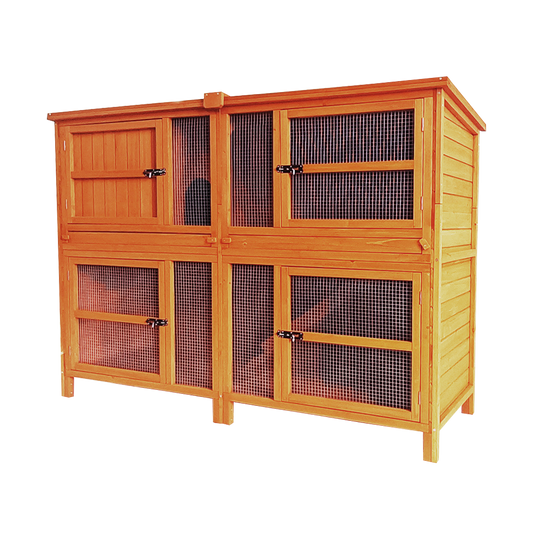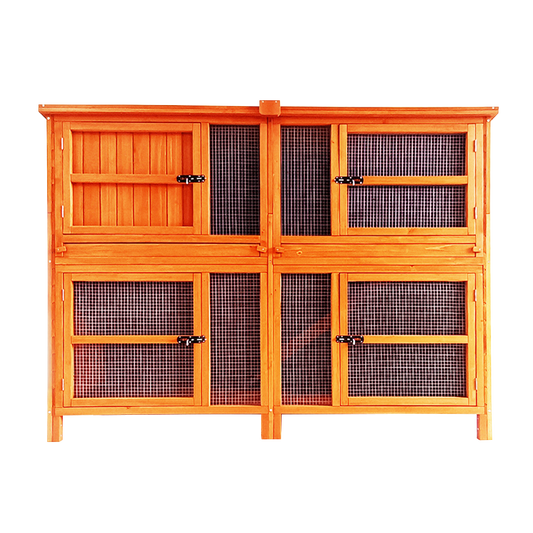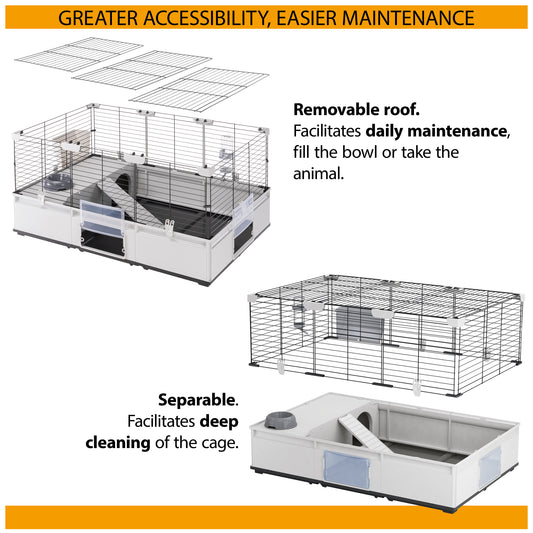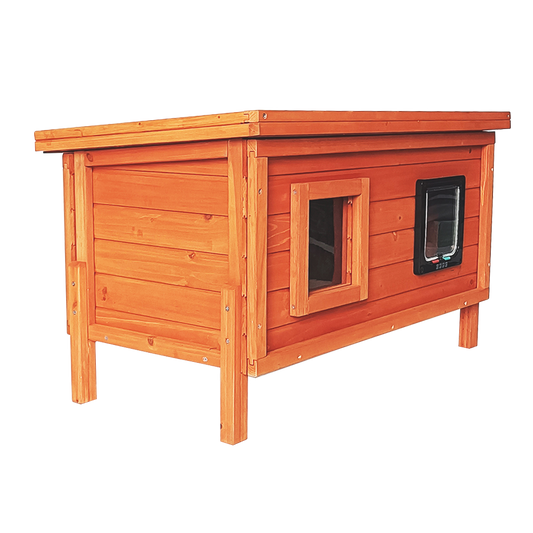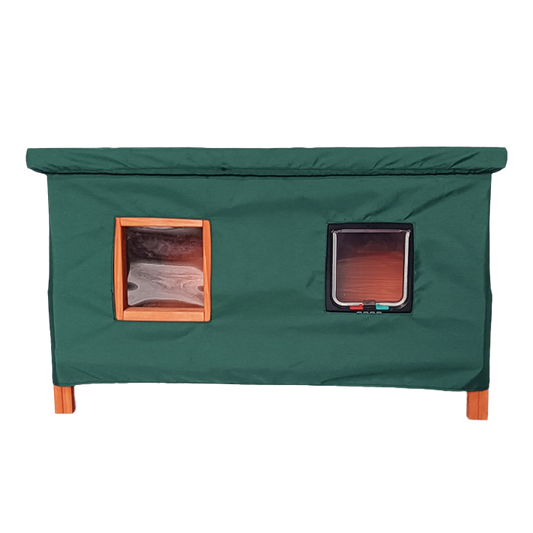At Christmas time, people often overestimate the amount of festive food they can manage, leading to plenty of leftovers being available. Before you scrape your plates directly into your dog’s bowl, familiarise yourself with what’s toxic and what’s not.
Definitely not!
These things should be kept well away from your pet:
- Poultry skin and bones - The skin on a roasted turkey or chicken is far too fatty for dogs and should be avoided. You should also ensure there are no bones in any of the meat that you give your pet. Cooked bones can cause intestinal obstructions or choking if swallowed.
- Gravy – While meat juices will be extremely appealing to your pet, gravy contains lots of salt, onion and garlic, which are all toxic to dogs. In fact, everything in the onion (allium) family should be avoided, which includes leeks, shallots and chives. If you'd like to give your dog a little gravy with their Christmas dinner, try pouring a little warm water over their kibble to soften the food, letting the water absorb some of the flavour to create a gravy effect.
- Stuffing – In addition to containing onion and garlic, which are toxic to dogs, stuffing often contains nuts. While not all nuts are toxic to dogs, they are very high in fat and are potential choking hazards.
- Pudding – Dogs shouldn’t ever be given sugary human foods as it can lead to weight gain, diabetes and can cause problems with teeth. Christmas pudding, mince pies, Christmas cake and stollen are particularly dangerous to dogs because of the dried fruit they contain. It is not clear why raisins, sultanas and currants are so toxic to dogs but eating them can result in kidney failure.
- Chocolate – This is a common treat at Christmas for humans but for dogs it can be deadly. Chocolate contains a chemical called theobromine, which has a similar affect to caffeine in over-stimulating the heart causing a high heart rate. Eating chocolate can lead to tremors, fitting and – in rare cases – death. Your dog doesn't have to miss out on the fun, though, with a number of chocolate-free advent calendar and festive treat options available.
Just a little!
Some elements of your festive fare are fine for your dog to eat in moderation:
- Pigs in blankets – Sausages and bacon are safe for dogs to eat, as long as they are only given in small amounts due to their high fat and salt content.
- Roast potatoes – The odd roast potato can be enjoyed by your pet rather than going to waste but don’t give them too many as the oil they are cooked in makes them high in fat.
- Cranberry sauce – A little cranberry sauce won’t do your dog any harm but it can contain a lot of sugar. Watch out for dangerous hidden ingredients in shop-bought cranberry sauce too, such as dried fruit and brandy.
Go ahead!
There are some elements of the traditional Christmas dinner that are safe for your pet to enjoy – and some that can be beneficial. If you want to treat your pet to their own festive meal this year, here’s what is safe to include:
- Lean pieces of white meat – Remove the skin and any stuffing before adding to your pet’s bowl.
- Carrots and parsnips – These are good for your dog to eat as they are full of fibre and vitamins. Beware of feeding too much if your dog is not used to them as it could lead to an upset stomach. Ensure the vegetables are boiled rather than roasted and definitely not glazed with honey!
- Green beans, Brussels sprouts, broccoli and peas – If your dog is partial to eating their greens then you can offer them a small amount with their dinner. Be aware that feeding too much is likely to make your pet very windy and could even result in an upset stomach. All vegetables should be boiled or steamed.
- Mashed potato and swede – A bit of mash is fine for your dog to enjoy, but make sure it has no butter, salt or onion added to it.
Remember, if you do feed your dog some festive fare this Christmas, make sure that you adjust their usual daily food intake so that they are not consuming too many extra calories.
If you enjoyed this article, you may be interested in:
Christmas Safety Tips for Pets


